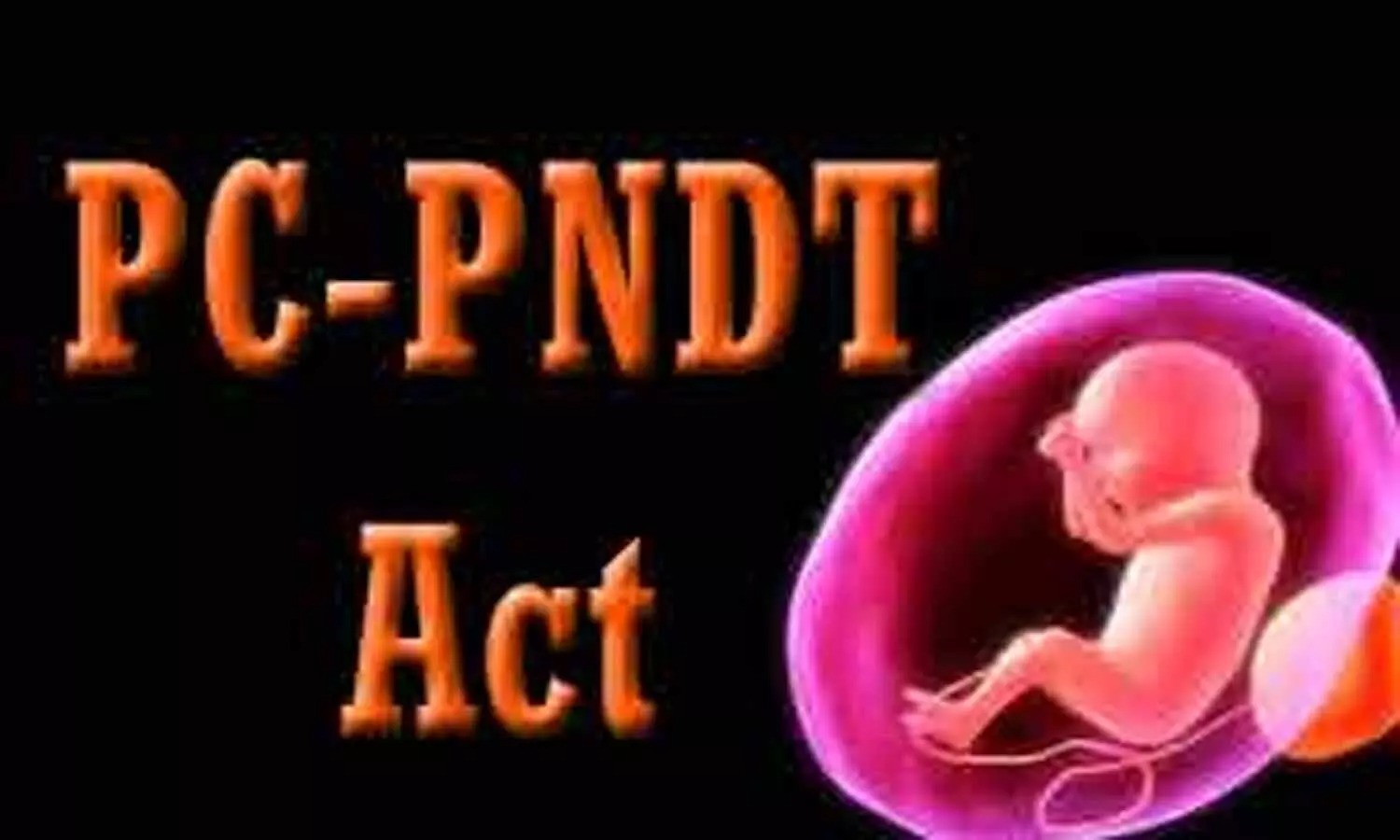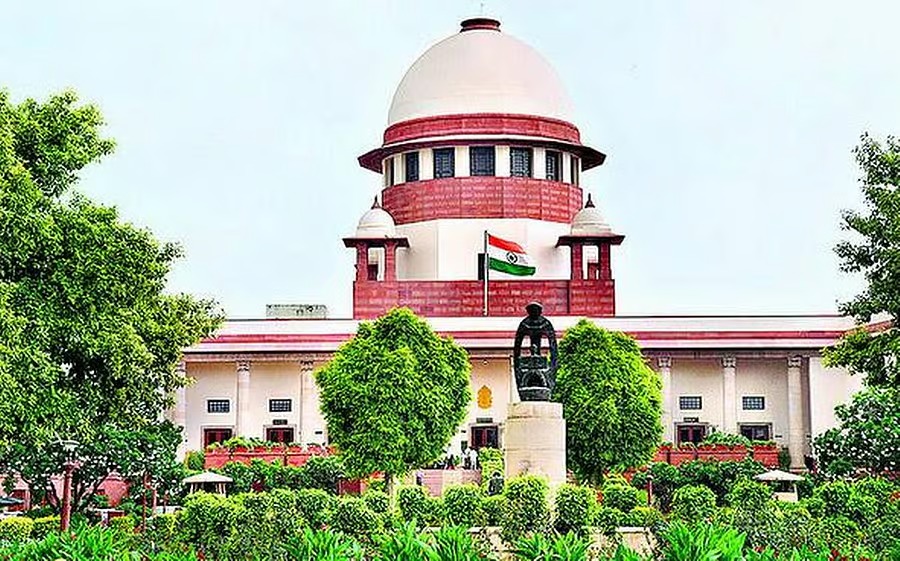Hemant Gupta, J.@mdashThis order shall dispose of aforementioned three applications for vacation of an ex parte order dated 06.04.2011. Vide the said order, Letters Patent Appeals against the order passed by the learned Single Judge of this Court on 24.09.2010 were admitted and the operation of the said order was stayed.
2. In CWP No.6651 of 2007, the petitioner challenged notification dated 22.11.2004 (Annexure P-8) and the impugned bills dated 01.04.2008 and 01.04.2009, whereby the Property Tax was levied on commercial, industrial and institutional lands and buildings in Chandigarh. In brief, the contention of the writ petitioner is that there is no resolution of the Municipal Corporation to levy tax on institutional lands and buildings, therefore, notification dated 22.11.2004 is without jurisdiction and is not in compliance with the provisions of the Punjab Municipal Corporation Act, 1976, as extended to U.T. Chandigarh. It is the said argument, which has found favour with the learned Single Judge.
Mr. Sarin, learned counsel for the applicant has argued:
(i) that the order of stay of the impugned judgment is ex parte and such ex parte order should not be granted in view of the judgment reported as
(ii) that the Division Bench while admitting the writ petition has stayed the impugned notification, therefore, after the writ petition has been allowed, the writ petitioner cannot be made liable to pay tax, when tax not payable by the writ petitioners during the pendency of the writ petition;
(iii) that the judgment of learned Single Judge is exhaustive, therefore, by virtue of short order, the benefit of judgment cannot be denied to the writ petitioners;
(iv) that if the writ petitioners are made to pay tax on the lands and buildings, it will amount to undue enrichment of the State, as the tax has to be collected from the numerous students, which cannot be refunded to them in the event the appeals are dismissed;
(v) that during pendency of the appeal, the respondent should not be called upon to pay huge amount of tax. Reliance is placed upon M/s Polar Industries Ltd. Vs. The Commissioner of Central Excise, Meerut and others AIR 2000 SC 3503; and
(vi) lastly, it is submitted that appeal itself be heard at an early date.
3. The learned Single Judge held that the draft bye-laws approved by the Municipal Corporation in its Meeting held on 29.01.2003 were considered by the Committee consisting of Secretary, Local Government; Commissioner, Municipal Corporation, Chandigarh and the Legal Remembrancer. The Commissioner, Municipal Corporation was asked to rectify the bye-laws for consideration of sub committee by modification of the heading to cover tax on commercial, industrial and institutional lands and buildings. It was thereafter, modified building bye-laws along with self-assessment scheme ware approved by the Administrator u/s 401 of the Punjab Municipal Corporation Act as applicable to Chandigarh (for Short "the Act"). In the self-assessment scheme, the word "institutional buildings" was defined for the first time such as the schools and that in the absence of word "institutional land" in the resolution, the notification issued in exercise of the powers u/s 90(3) of the Act is not tenable.
4. Clause 9 of the Agenda is in respect of rates of taxes if self-assessment is opted. Note 1 appended to Clause 10 is to the effect that Group V will cover buildings/sites other than SCOs, SCFs or Booths, which have been allocated for a specific purpose/trade i.e. Cinema Houses, Private Schools/Colleges, Theatres, Barat Ghars & Marriage Palaces etc. The rate proposed was Rs.14 per sq. foot. Such Agenda was considered in 61st Meeting of the Municipal Corporation held on 29.01.2003 and it was resolved to levy tax on all commercial lands and buildings including industrial units, residential houses used for commercial purposes. It was further resolved that levy of house tax on residential lands and buildings used for residential purpose is dropped.
5. Prima facie, we find that the order of the learned Single Judge may not be sustainable. Firstly, the expression ''commercial lands and buildings'' has not been explained in the Minutes recorded. The said expression is used in relation to the buildings, which includes industrial units and residential buildings used for commercial purposes. There is no exemption for self-occupied buildings and portions of the residential buildings used for commercial purposes. The resolution further specifically excluded the levy of house tax on residential lands and buildings used for residential purposes. Meaning thereby, that except lands and buildings which are being used for residential purposes, there is a resolution of the Municipal Corporation for levy of tax on all lands and buildings. Still further, vide the aforesaid resolution, the Corporation has approved the draft bye-laws. May be the procedure of promulgation of draft of the bye-laws has not come to an end with the resolution of the Municipal Corporation, but the fact remains that in such draft bye-laws, there is specific mention of the private schools and colleges. Therefore, from the Minutes recorded and the draft bye-laws approved in 61st Meeting of the Municipal Corporation held on 29.01.2003, the tax was proposed on all lands and buildings except the lands and buildings used for residential purposes alone. The resolution of the Municipal Corporation has to be read as a whole to find out the intent and purpose of the resolution. Therefore, we find that the order passed by the learned Single Judge may not be sustainable more so in view of the judgment of the Hon''ble Supreme Court in
6. In Balwant Singh''s case (supra), the Court has recognized the power of the High Court to grant an ex parte stay, but it was observed that the proper and just course was to hear the appellants. This Court hearing appeals in exercise of appellate power has right to pass an order of stay of operation of the impugned judgment. It is open to the writ petitioner to seek vacation of the order, but to say that the Court is not possessed of jurisdiction to pass an ex parte order of stay of the impugned judgment is misconceived. After an ex parte order of stay is granted, the affected parties have a right to seek variation in the order and the Court on being satisfied with the contentions raised, can modify such order in such a manner, as it consider appropriate. In view of the said fact, we are unable to agree with the argument raised by the learned counsel for the applicants that this Court in letters patent appeal has no jurisdiction to pass an ex parte order of stay of judgment impugned.
7. The argument that the Division Bench has earlier granted stay of the notification and, therefore, in appeal, this Court should not stay the order of the learned Single Judge, is again not tenable. Mere fact, earlier a bench has granted stay at the time of motion hearing is no reason to allow stay of recovery of tax imposed in terms of a statute. The order passed by this court granted stay on 11.10.2007 reads as under:
C.M.No.16055 of 2007
The petitioner contends that being a private unaided school, they have exemption from payment of municipal taxes.
This ground was not urged in extensor when previous order declining the stay was passed on May 28, 2007. However, it had been recorded therein that the stay was being declined "at that stage".
We think that the case requires to be heard at length, as it relates to an educational institution providing education to school children and there are other weighty grounds as well. Grant of exemption by Punjab in 1975 (Annexure P-16) and its continued application to Chandigarh raise estoppel against the Municipal Corporation.
CWP No.6651 of 2007
Admitted.Operation of Annexure P-13 is hereby stayed.To be heard in the first week of December.
8. The exemption to schools in Punjab has nothing to do with levy of tax on the schools in Chandigarh. Still further, schools are imparting education to children is again cannot provide any binding precedent on this Bench. Prima-facie, we do not find that there is any procedural irregularity in imposing tax. The levy and recovery of tax serves public purpose. Interim order at the time of motion hearing is not a precedent to be followed in appeal. We have reservation in respect of the reasoning given by the learned Single Judge. It may be noticed that one of the writ petitioners i.e. in CWP No.6651 of 2007 was present at the time of hearing of bunch of appeals and interim order was passed after hearing the parties present including the said applicant in LPA No.147 of 2011.
9. The argument that the judgment is exhaustive is not a ground on the basis of which this Court loses its jurisdiction to stay the operation of the order. Since the issue is short regarding interpretation of the Minutes of the Meeting of the Municipal Corporation, prima facie we find that the findings recorded by the learned Single Judge may not be correct. Therefore, mere fact that the learned Single Judge has passed a long judgment will not be a ground to vacate the interim order.
10. The argument that the payment of tax at this stage will amount to undue enrichment is again not tenable. The tax has been levied in terms of the statutory provisions and after complying with the procedure. It is for the writ petitioners to device means of payment of tax. Since the levy of the tax is, prima facie, legal, the vacation of the order passed by this Court will lead to stay of the levy of tax. We do not find that payment of such tax will lead to undue enrichment of the State Government. But still to safe guard the interest of the writ petitioners, it is ordered that the amount of tax, if deposited, shall be kept in a separate account and in the event, the appeal is dismissed, the same shall be refunded to the applicants.
11. The judgment in M/s Polar Industries case (supra) is not helpful to the arguments raised by the learned counsel for the applicants. The said case arises out of an appeal filed under the Central Excise Act, 1944. Section 35 of the said Act deals with pre-deposit of the amount of tax before an appeal is entertained. The said judgment has no applicability even remotely with the issues arising in the present case.
12. Therefore, we do not find any merit in the argument raised for vacation of stay order passed by this Court. The payment of tax neither causes irreparable loss or injury or the balance of convenience is in favour of the applicant-respondents. Since the issue is payment of money, we do not find that any ground is made out for vacation of stay, which will lead to stay of the tax imposed.
13. Thus, we do not find that the order passed by this Court on 06.04.2011 requires any modification except to the extent that the administration will keep the account of the tax deposited and shall refund the same, in the event, the appeal is dismissed.
14. Consequently, the present applications are dismissed.
15. However, any observation made in the order, is only for the purpose of deciding the present applications for vacation of stay. It shall not be taken into consideration while deciding the appeals on merit.
16. The appeals have already been ordered to be heard within a period of one year on 06.04.2011. Since the issue is short, we are of the opinion that the interest of justice warrants that the present appeals be posted for final hearing in the month of January, 2012 high-up in the list.

